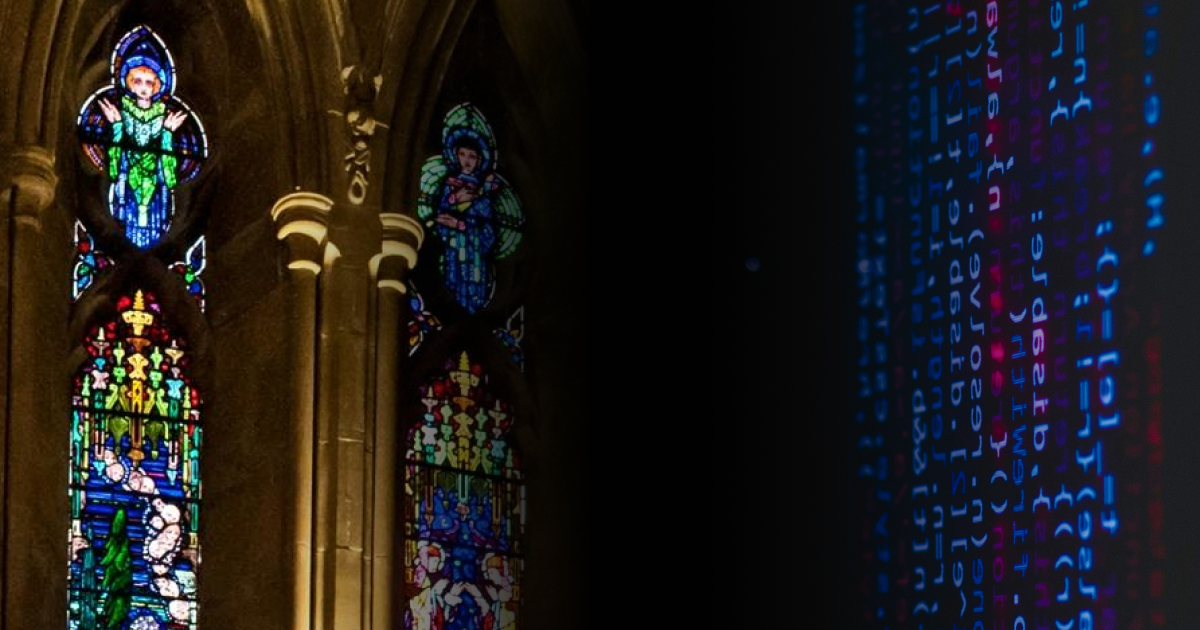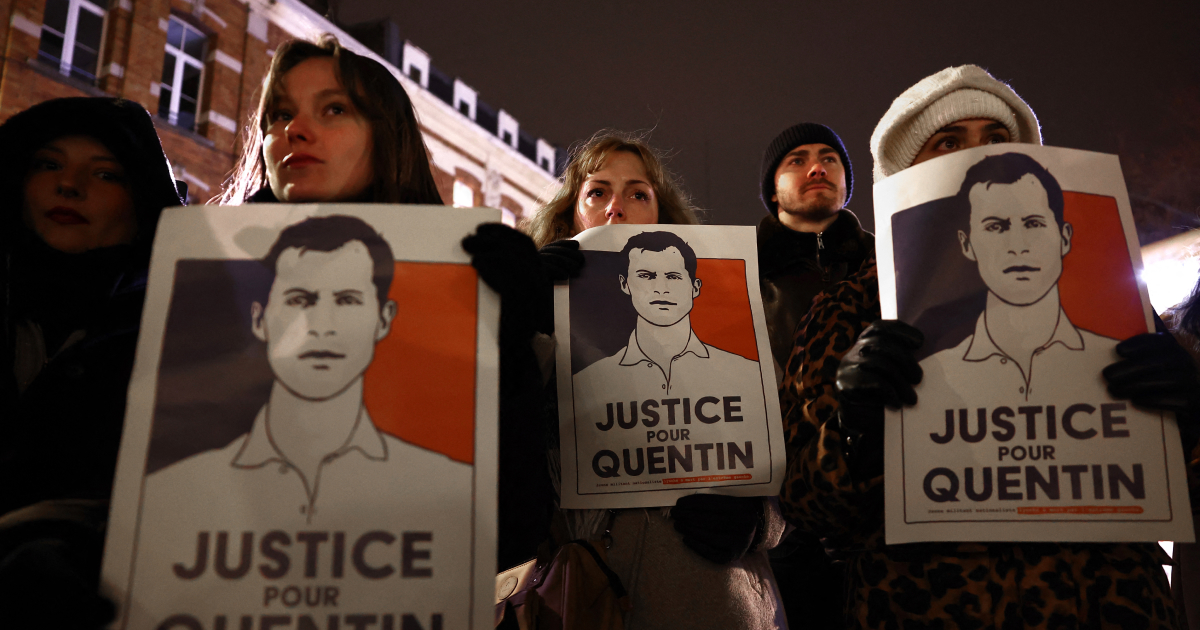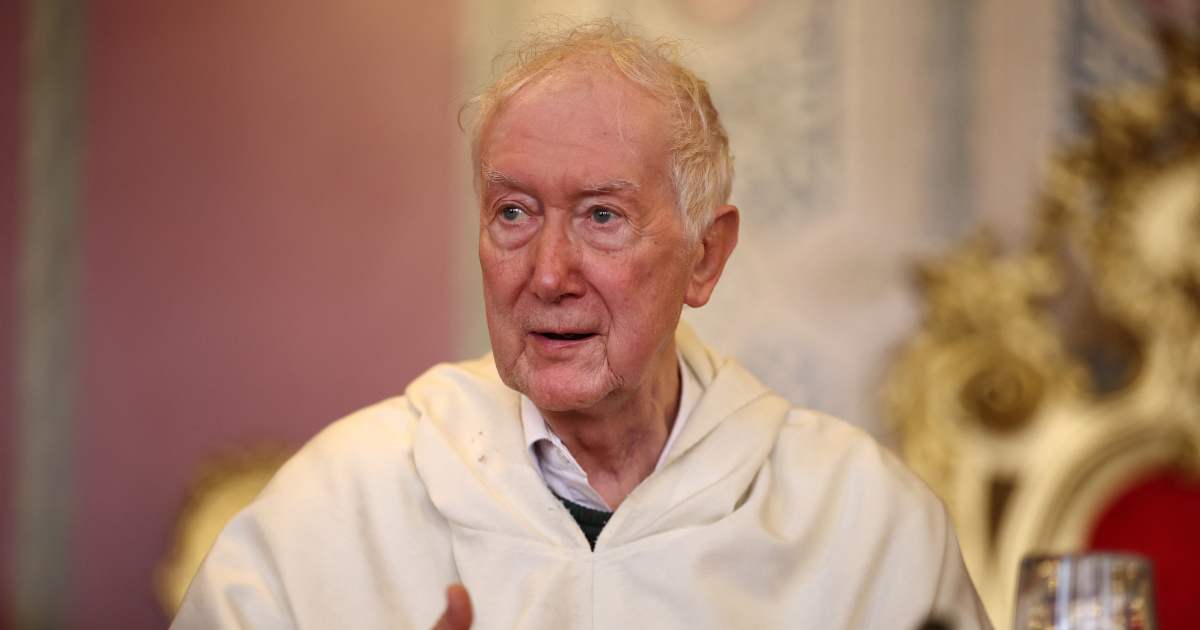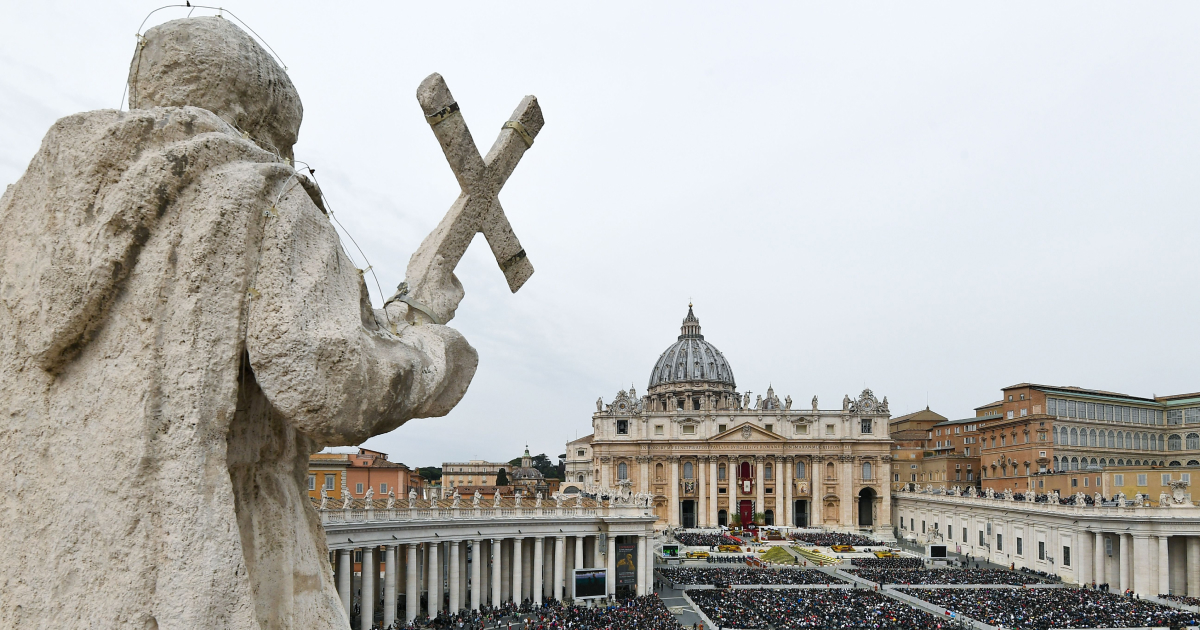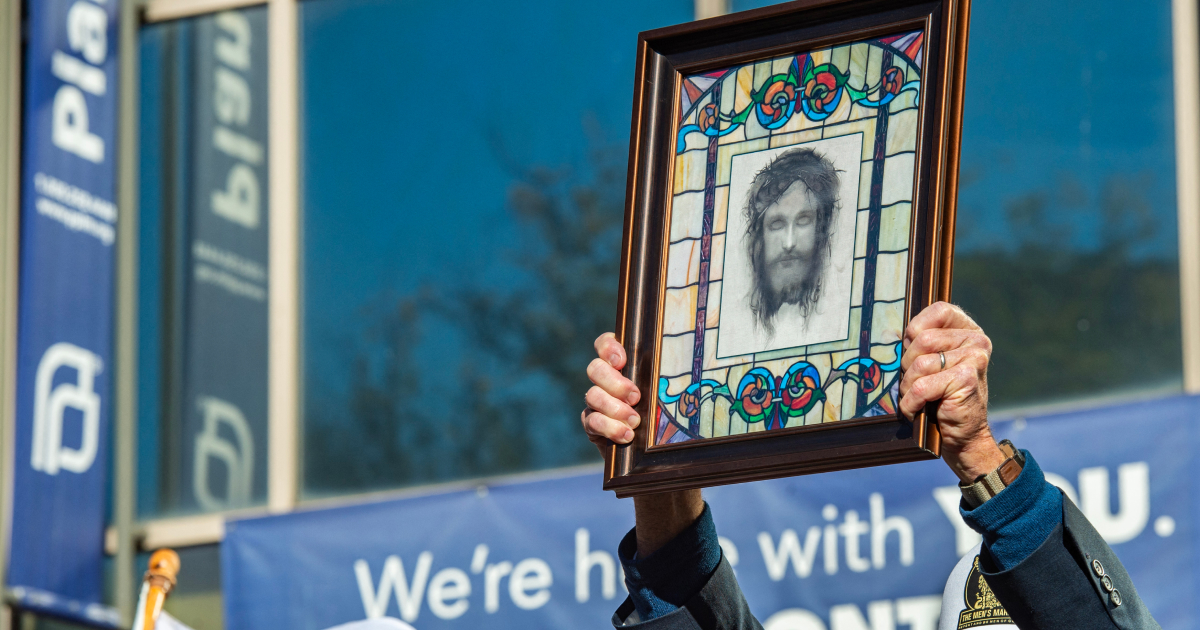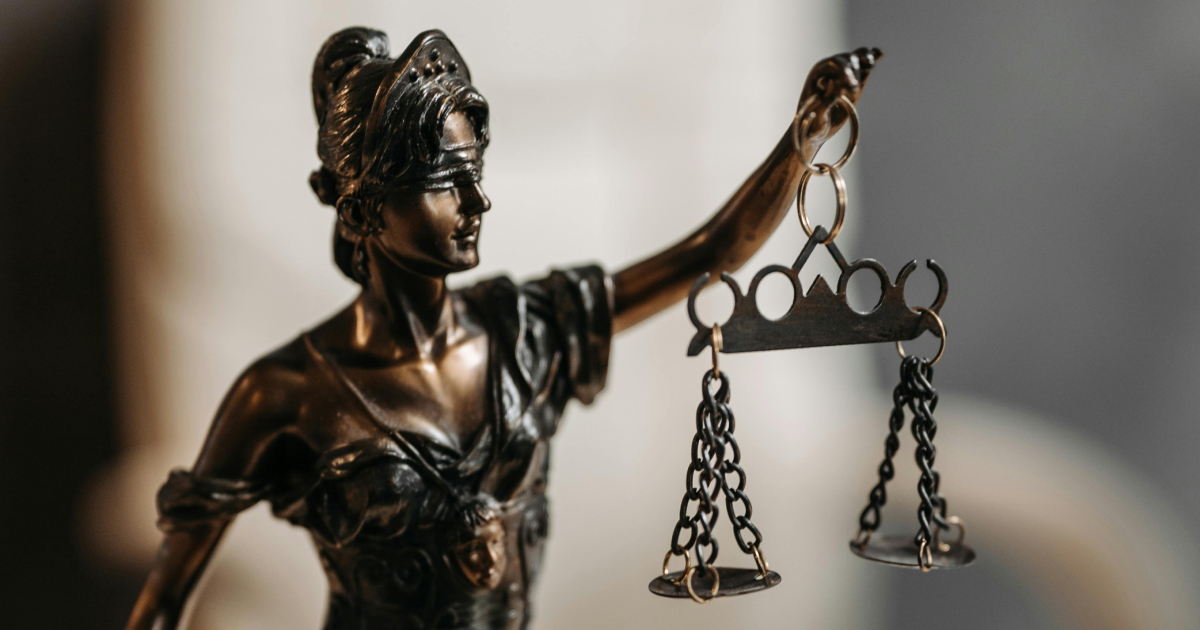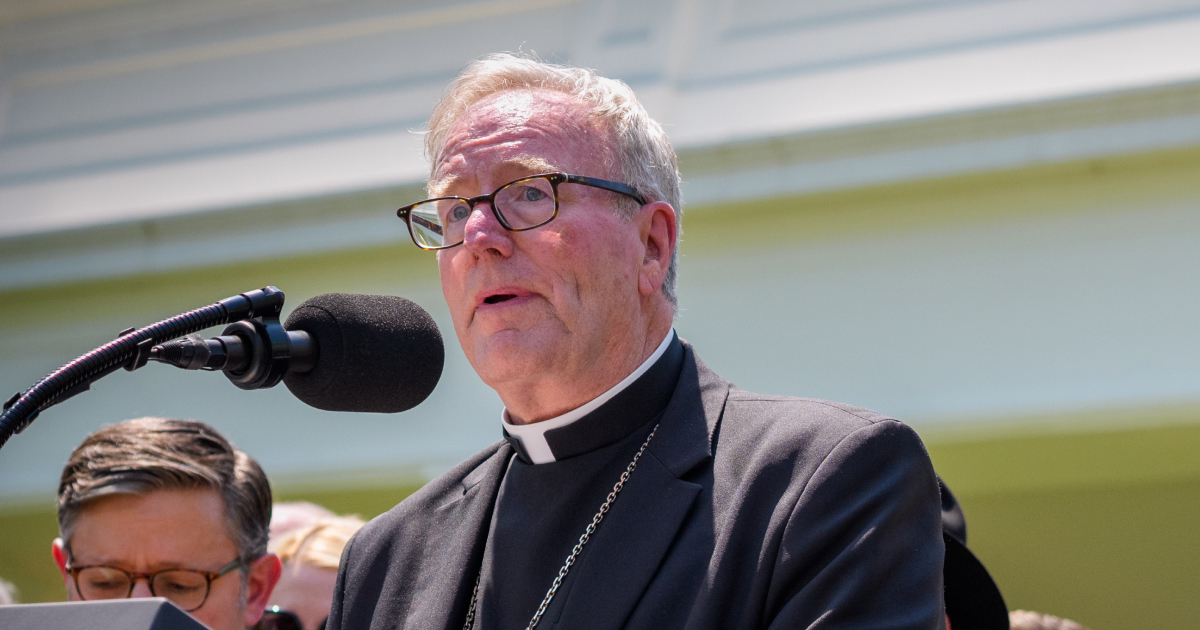“The Next 15 Years Will Be Hell Before We Get To Heaven” is the title of a recent "Diary of a CEO" episode featuring Google’s former Chief Business Officer, Mo Gawdat. An intriguing, if not unsettling, title for a conversation covering what we can expect over the forthcoming years of AI development.
True to his word, Gawdat lists a number of significant threats that may lie on the horizon: the emergence of artificial general intelligence (AGI) within the next couple of years, which paired with rapid advancements in robotics, could bring an end to the vast majority of jobs; and the radical concentration of power dictated by whoever reaches AGI first. All this, Gawdat suggests, will likely result in 15 years of dystopia as human leaders seek to bend this newfound power to their will. More war. More suffering. More chaos.
A potentially horrifying picture, and yet, perhaps, scarier still is the "heaven" that he predicts will come after: universal basic income for all, AGI overlords to rule over humanity ensuring peace and VR headsets we can use to escape into whatever fictional reality we’d like (fans of anime will recognise that last one as the goal of the main villain in the show Naruto).
At first glance, the mildest of all these claims – that we will all be unemployed and surviving on universal basic income – might sound idyllic to some. However, such a view fails to appreciate the fullness of what work has to offer. In his papal encyclical Laborem Exercens, Pope St John Paul II wrote of work as being “one of the characteristics that distinguish man from the rest of creatures”.
It is a task we not only can or must do but are also “called to” by virtue of our being made in God’s image, and being placed on earth in order to subdue it. Chief among these points, Pope St John Paul II writes that “work bears a particular mark of man and of humanity, the mark of a person operating within a community of persons. And this mark decides its interior characteristics; in a sense it constitutes its very nature.”
However, reducing work simply to the transacting of goods and services in order that we might survive fails to acknowledge the people behind the labour, and as such the true source of dignity in the act. Furthermore, such value mustn’t be limited solely to employed work.
In its 2021 report "Just Work", the Christian think tank Theos speaks to this issue by encouraging a "full work" view of our economy within society: whereby the unpaid work of stay-at-home mums, full-time carers or even those in religious life is not seen as less than that of paid work. For whether work be paid or unpaid, we remain called. Not to an isolated virtual reality, but to be good stewards in the lived reality we all share in the flesh.
In almost all the AI musings from Silicon Valley's finest like Gawdat, you cannot help but sense a serious lack of wrestling with the deeper questions of life: what does it mean to be human? Why are we here? How might we flourish? Instead, everything seems to be funnelled through the narrow filter of cost-benefit and utility, with human needs being considered as an afterthought or, even worse, as completely fabricated and then marketed later in products as a feature.
Behind all the dressing up of AI, the utopian vision Gawdat espouses is one that sees the kinks in the human experience as bugs not features. As such, his objective in perfecting the world is to compress life down into the equivalent of a global padded cell – where all can be safe and have their basic needs met.
But anyone with a grasp of what it means to live a meaningful life will realise humans in such a world would begin to find themselves unable to access the very adversities they require to thrive.
This was depicted brilliantly in the final season of Netflix’s hit comedy The Good Place, wherein "the good place" (heaven) was portrayed as somewhere where life proceeds while free from all hardship; moreover you can literally have and do whatever you want, whenever you want (a line Gawdat himself used to describe his "heaven"). The creators of the show then show the flaw in such a supposed utopia, by having all its inhabitants turn into brain-dead individuals due to their lack of having to work or struggle for anything.
The truth is, much of the real depths of meaning we encounter in life are found at its peaks and valleys (the Easter Triduum embodies this most archetypically). Whilst being willing to strip the world of such "kinks" as a means to end all suffering might appear radically benevolent, in reality it would be our downfall.
Tech leaders like Gawdat would benefit from considering the words of Leonard Cohen, who famously sang, “love is not a victory march, it’s a cold and it’s a broken hallelujah." Or John Legend’s song All of Me, in which he sang of loving his wife’s “perfect imperfections”. Such struggle, inconveniences and imperfections are the essence of human relationships, and rather than something to be escaped or dismissed, act as a call to virtuous love.
In C. S. Lewis’ novel The Great Divorce, he describes hell as the negation of this – a place where people choose to respond to their quarrelsome nature not by compromising in order to stick together, but instead by moving further apart, until they are millions of miles away from one another. A place where, as they obsess more and more about themselves, they reduce themselves to almost nothing.
None of this is to say that AI – as it is, nor necessarily where it is headed – is bound to cause such a dystopian reality. In many ways, even prior to the launch of ChatGPT in 2022, we have long been on this path due to the influence of the likes of Internet use and subsequet shifting socio-habits.
Furthermore, I do believe that a beneficial anthropocentric use of AI is perfectly feasible, one that seeks not to remove our need for work, relationships and real life, but one that instead provides more opportunities for us to live purposefully in these spaces.
This, however, will not come from the "New Eden" as proposed by Gawdat and by many others at the helm of this radical innovation.
As a result, we must remain vigilant not to lose ourselves – lest, like a dark twisting of the Jewish Passover song that expresses gratitude ("it would have sufficed") to God for the gifts given to the Jewish people during their exodus, we find ourselves saying:
“If we had only stopped at ChatGPT 5, it would have been enough.”
Photo: Mo Gawdat speaks at BoF VOICES 2022 at Soho Farmhouse, Chipping Norton, England, 29 November 2022. (Photo by Kate Green/Getty Images for BoF.)





